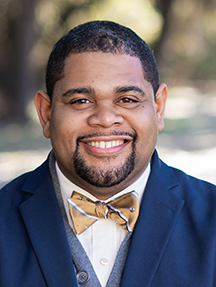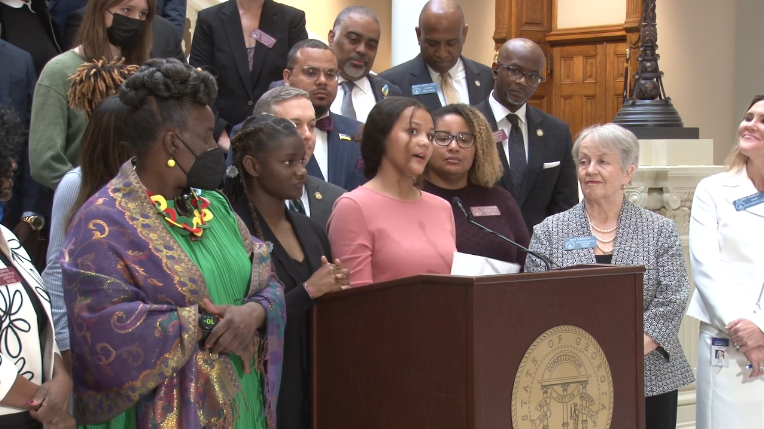• By Terrence Wilson, J.D. • Knowledge is Power • April 22, 2022 •
Georgia became another of many southern states to pass legislation that will censor public school classrooms. House Bill 1084 defines a list of eight theories, including the idea that “the United States is fundamentally racist” as “divisive concepts,” and prohibits any teaching that advocates these concepts.
The bill goes a step beyond affecting what students can access in their classrooms by limiting the types of training and professional development that the state certifying agency, the Professional Standards Commission, can require of any teachers, counselors or administrators.
HB 1084 faced significant opposition from legislators and community advocates, including students, parents, educators and IDRA. This opposition directly influenced the bill’s significant revision between initial filing and final passage.
Opposing legislators voiced concerns that the concepts were broad and overly vague. Advocates expanded on this concern explaining that the ambiguity of the concepts makes them difficult to interpret and would lead to a chilling effect on truthful discussion around race and systemic racism in classrooms. The ultimate effect being that students’ access to diverse, accurate curriculum will be obstructed making them less equipped to navigate the increasingly diverse world.

HB 1084 passed on the final day of the session in a shocking deviation from legislative decorum. With less than 30 minutes until midnight, Republican legislators in the House amended the bill with language that directly targets transgender students and their ability to participate in interscholastic athletics. The amendment establishes that any authority over interscholastic sports must have an oversight committee made up of 10 members appointed by various elected officials and school-related bodies. The amendment further gives this committee the power to decide whether trans girls should be allowed to participate in athletics designated for girls. Historically this decision is left to local districts. Despite strong vocal opposition from inside and outside of the chamber, the bill passed along party lines.
Still, the final language in both the original bill and its amendment is significantly less harmful than its initial form. There is speculation that the use of the word gender in the language – and the specific focus on girls’ sports – makes it susceptible to litigation. In the meantime, we will continue to collaborate with our partners to focus on the policies that will be developed to comply with this new law and work to reduce its potential damage for our students.
[©2022, IDRA. This article originally appeared in the April 22, 2022, edition of Knowledge is Power by the Intercultural Development Research Association. Permission to reproduce this article is granted provided the article is reprinted in its entirety and proper credit is given to IDRA and the author.]



